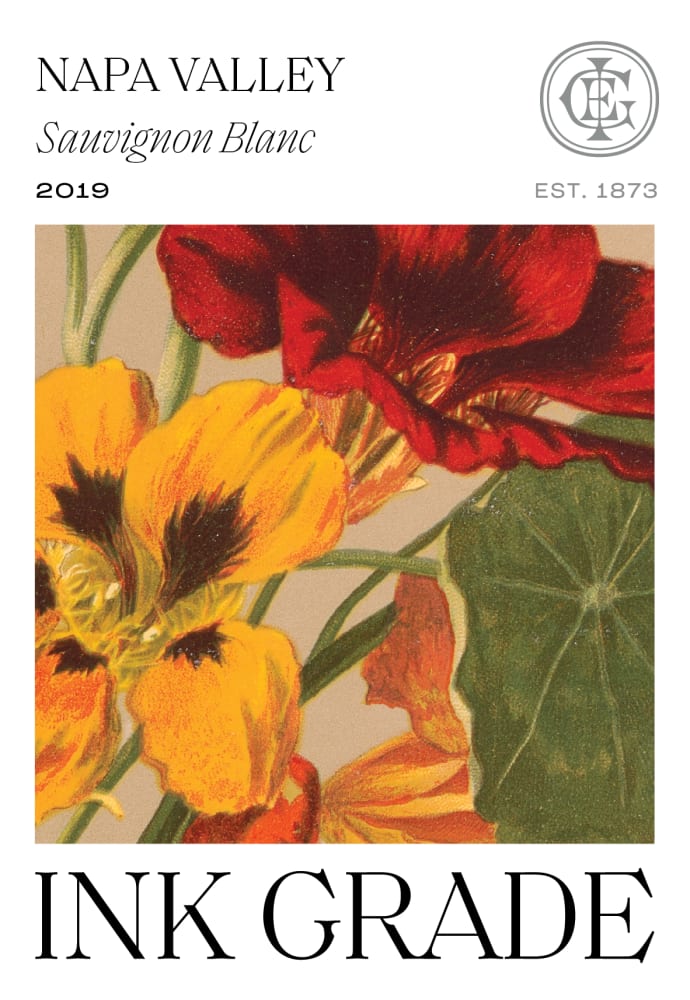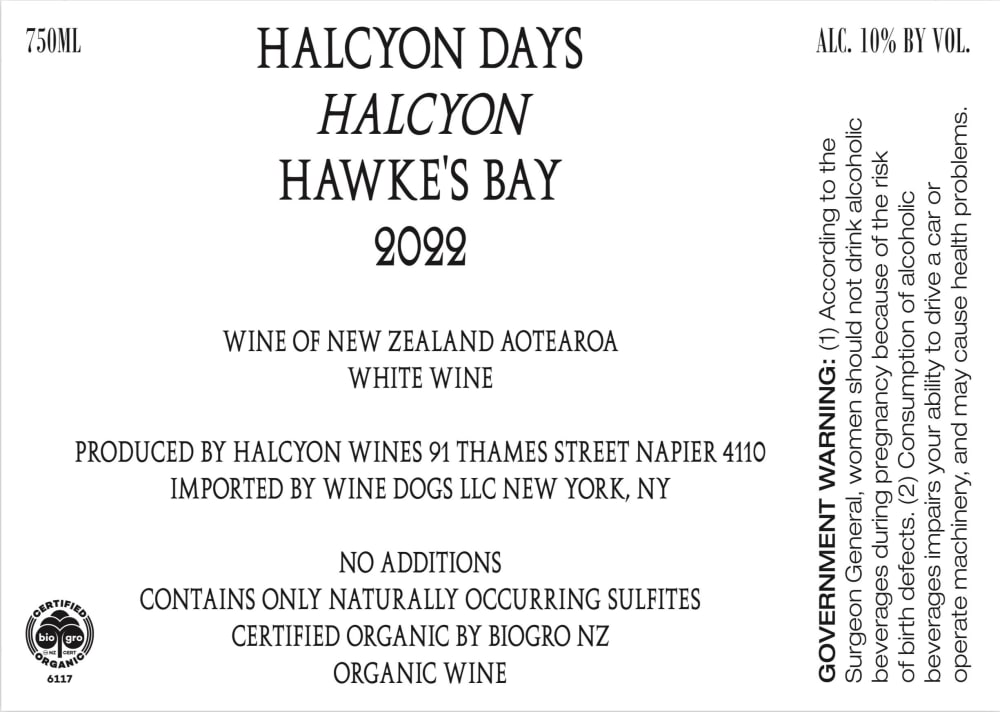Estate is a term used in the wine industry to describe a vineyard or winery that is owned and operated by a single entity, often a family or a corporation. The term is generally used to denote a level of quality and control over the winemaking process, as estates typically grow and produce their own grapes, and vinify and bottle their own wines.
An estate winery is typically a family-run or family-owned business, which grows, produces, and bottles its own wines on the property. Estate wineries can be found all over the world, from the rolling hills of Napa Valley, California, to the rustic countryside of Tuscany, Italy. The term estate is used to convey a sense of authenticity, quality, and terroir – the unique combination of soil, climate, and geography that gives a wine its distinctive character.
In the United States, the Alcohol and Tobacco Tax and Trade Bureau (TTB) has established specific guidelines for what constitutes an estate winery. According to these guidelines, an estate winery must grow at least 75% of the grapes used in its wines on its own property. Additionally, an estate winery must produce and bottle all of its wines on the premises, using only grapes grown on the estate. These guidelines help to ensure that wines produced by an estate winery are truly reflective of their terroir and the winemaker’s style.
Estate-grown wines are often celebrated for their quality and unique flavor profiles. When grapes are grown in a single vineyard or estate, they are more likely to be consistent in flavor and aroma from vintage to vintage. This consistency is due to the unique terroir of the estate, which remains relatively constant from year to year. Additionally, because estate wineries have control over every step of the winemaking process, they are able to ensure that their wines meet a certain level of quality.
Some of the potential attributes of estate-grown wines include complexity, depth, and balance. Because the grapes are grown in a specific location, they are more likely to reflect the unique characteristics of that region. For example, grapes grown in a cooler climate may produce wines with higher acidity and more pronounced fruit flavors, while grapes grown in a warmer climate may produce wines with more tannins and richer, fuller flavors.
Estate-grown wines are often more expensive than non-estate wines, due to the level of control and quality that goes into their production. However, many wine enthusiasts believe that the higher price is justified by the superior quality of the wine. Additionally, estate wineries often offer tours and tastings, allowing visitors to see firsthand how the wine is produced and to taste the unique flavors and aromas of estate-grown wines.
In conclusion, the term estate is used to describe a vineyard or winery that is owned and operated by a single entity, and which grows, produces, and bottles its own wines on the property. Estate-grown wines are celebrated for their quality, consistency, and unique flavor profiles, which reflect the terroir of the estate and the winemaker’s style. Whether you are a wine connoisseur or simply enjoy a good glass of wine, exploring the world of estate-grown wines can be a rewarding and delicious experience.
Wine is sunlight, held together by water.”- Galileo Galilei


